Marine Law Case Study: Kyokuyo Co Ltd v A.P Moller – Maersk Analysis
VerifiedAdded on 2020/05/28
|5
|1033
|31
Case Study
AI Summary
This case study analyzes the legal dispute in Kyokuyo Co Ltd v A.P Moller – Maersk [2017], focusing on the application of the Hague and Hague-Visby Rules concerning the carriage of goods by sea. The plaintiff, Kyokuyo Co Ltd, claimed damages due to the condition of tuna delivered by Maersk. The case explores the interpretation of 'unit' in the context of bills of lading and the determination of liability limits. The judge, Andrew Baker, ruled in favor of the plaintiff, applying the Hague-Visby Rules where a bill of lading was obligatory or requested, even if a sea waybill was used. The decision also clarified that individually packaged items, even within a container, could be considered separate units for liability purposes. The analysis references relevant case law, including Pyrene Co Ltd v Scindia Navigation Co Ltd [1954] and Studebaker Distributors Ltd v Chartlon Steam Shipping Co Ltd I 1937, to support the judgment's findings on the carrier's responsibilities and the application of the rules. This case provides insight into the complexities of marine law, especially in the context of international trade and the carriage of goods.
1 out of 5
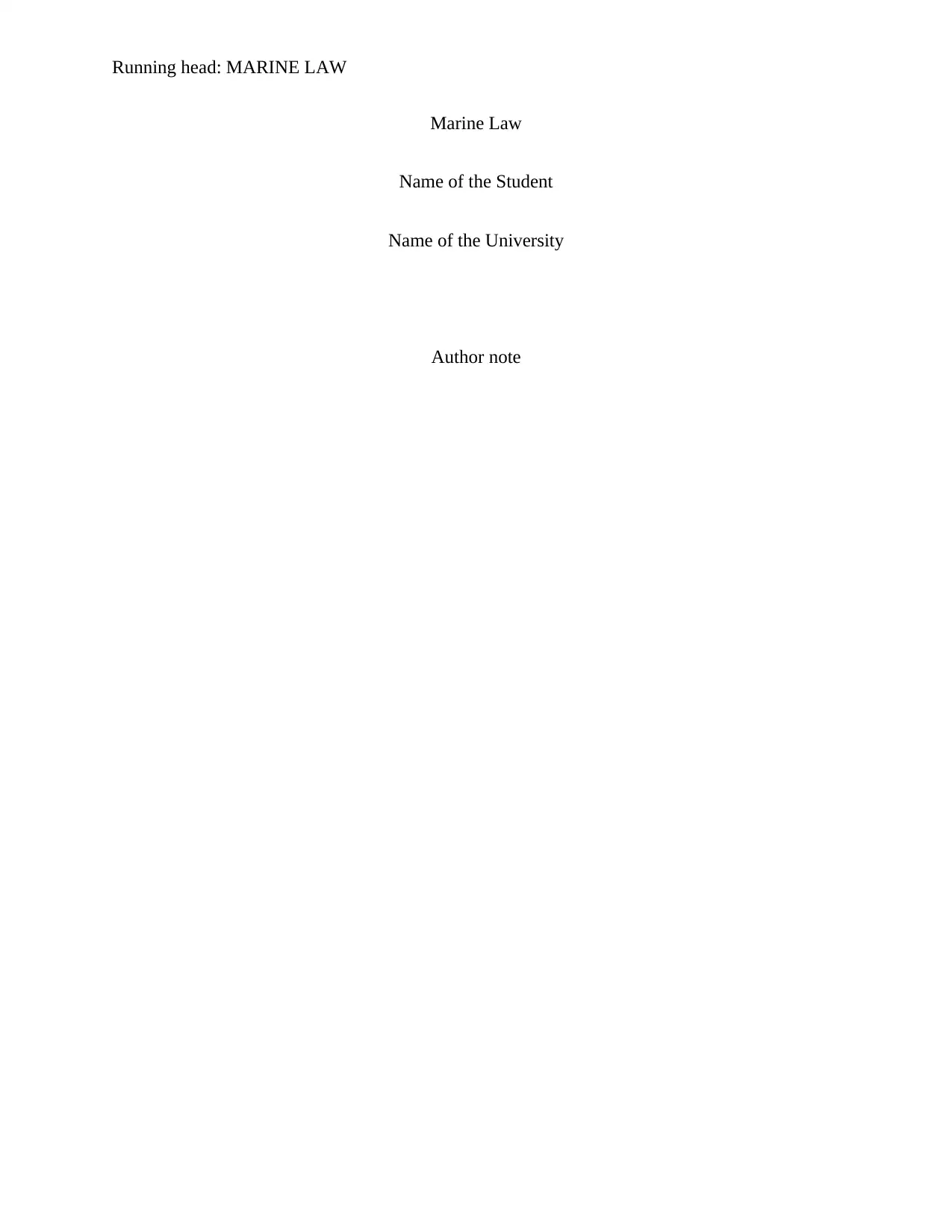
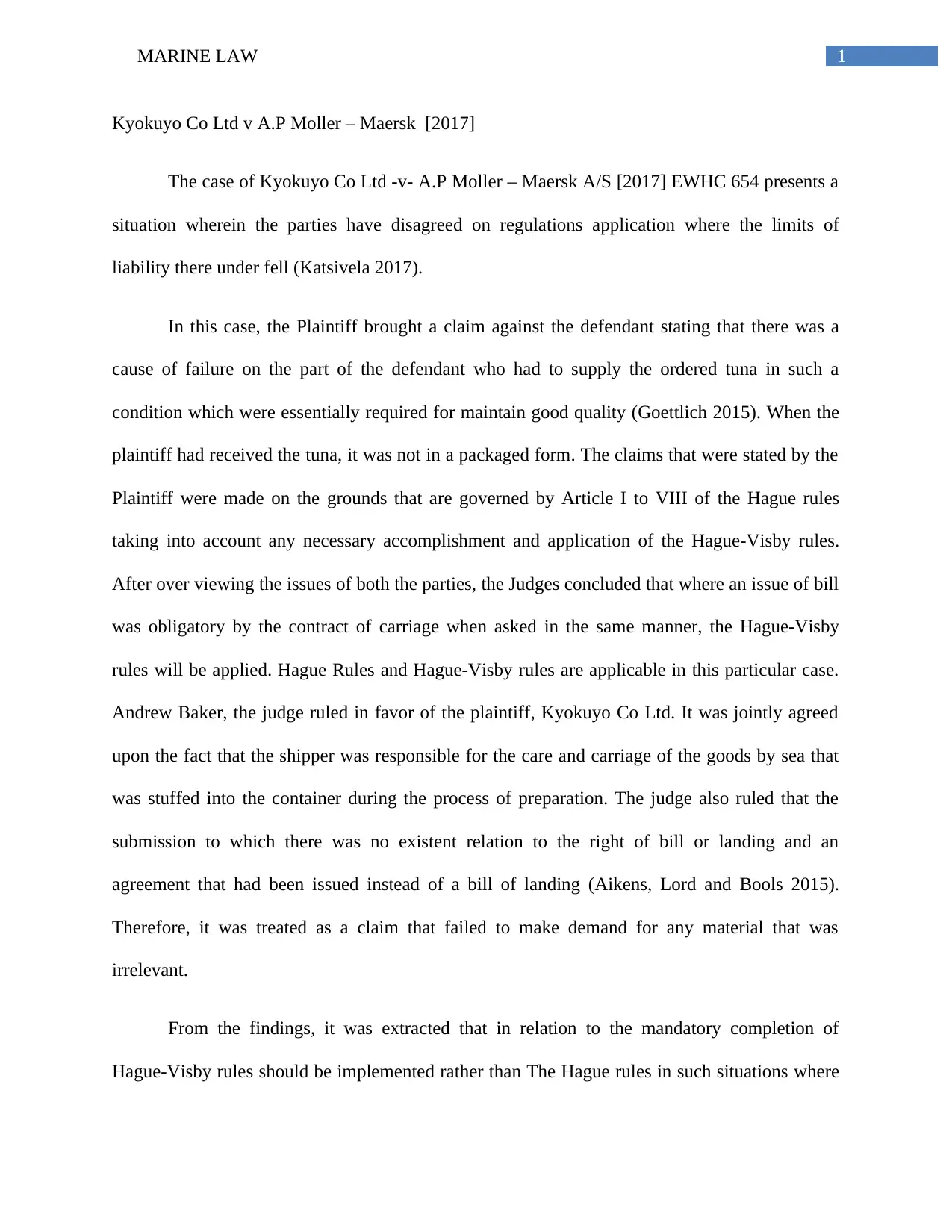
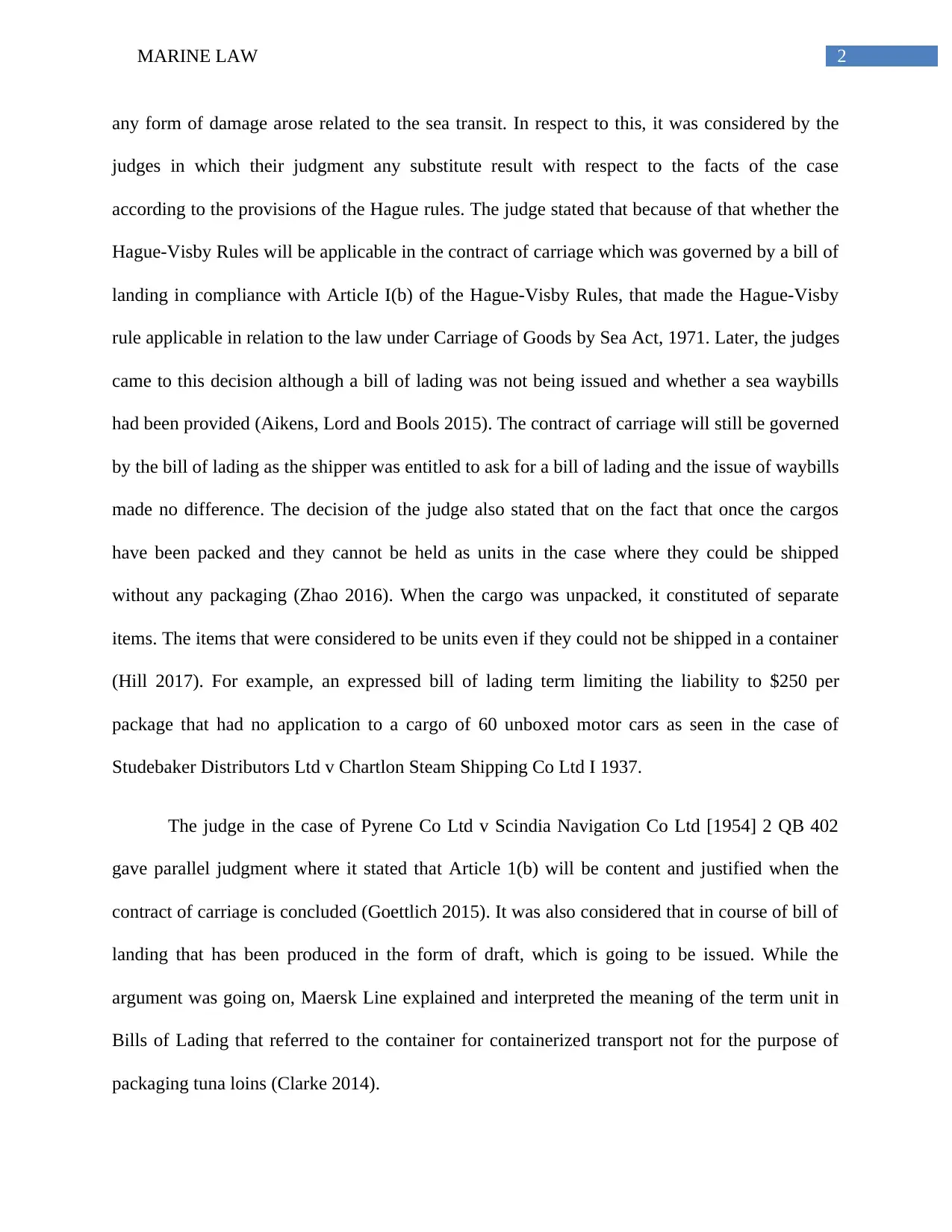

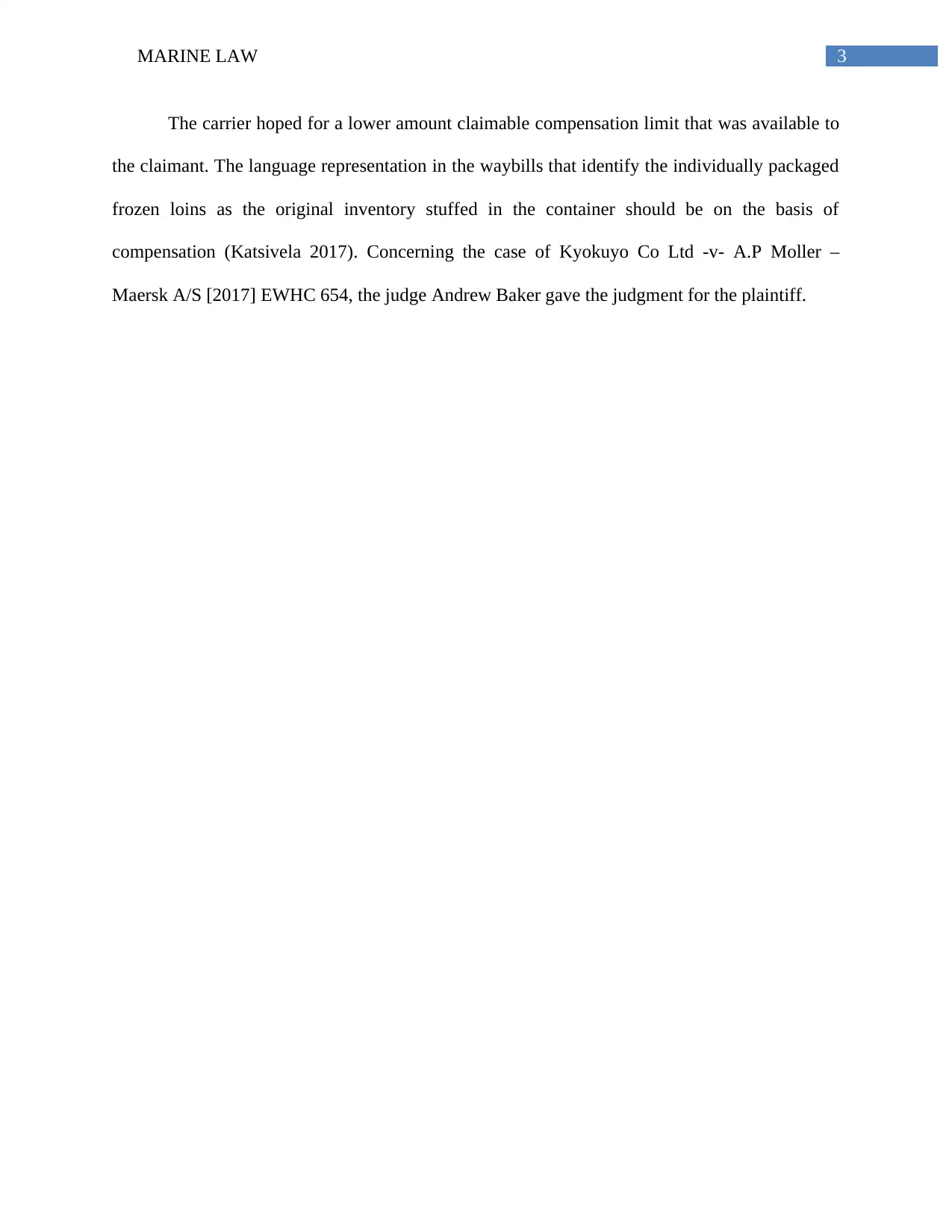
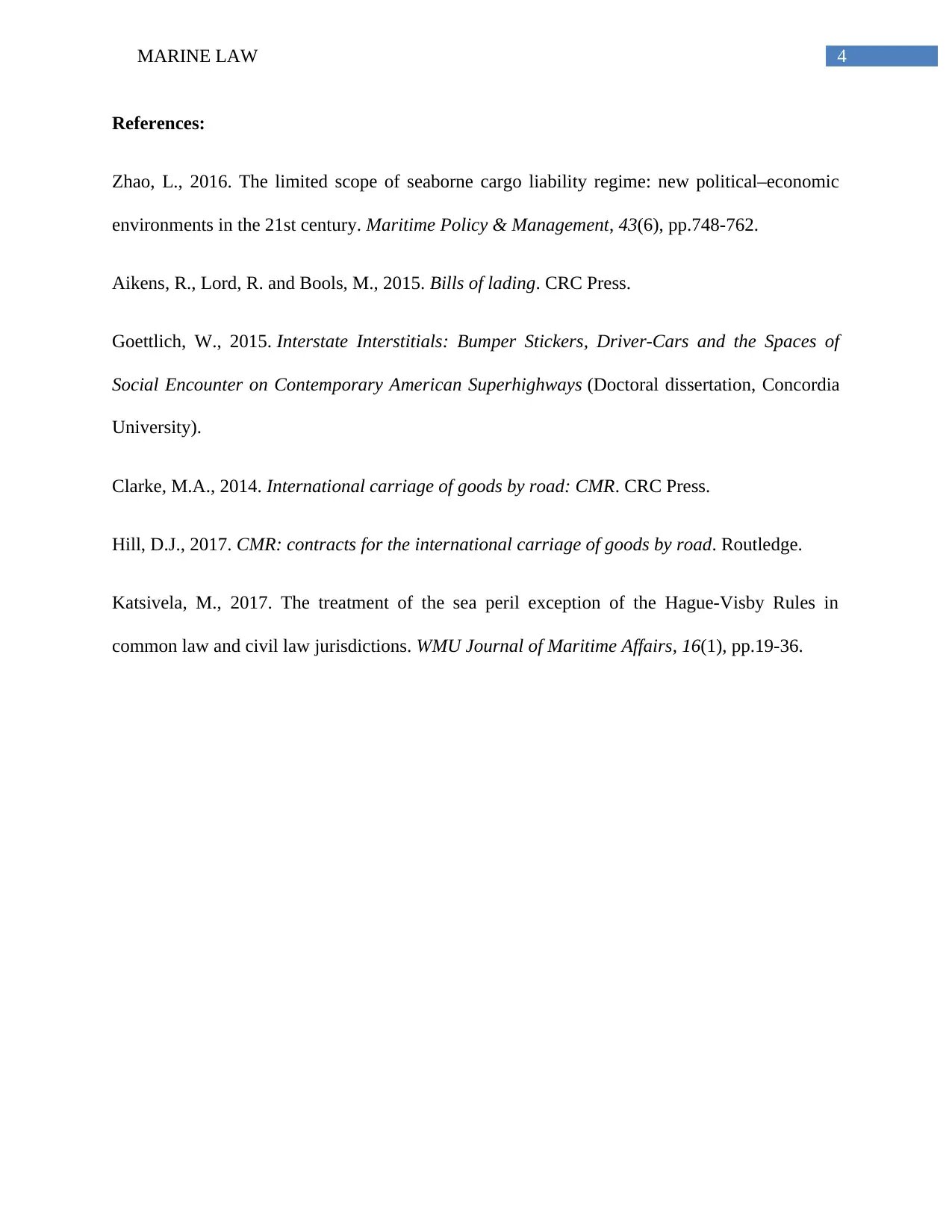



![[object Object]](/_next/static/media/star-bottom.7253800d.svg)